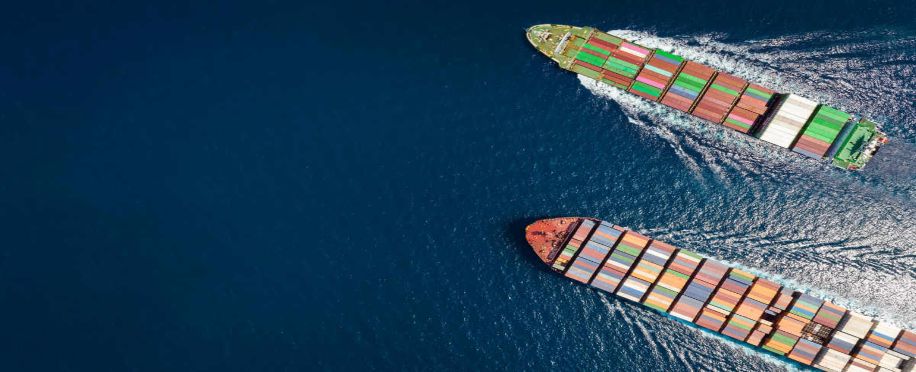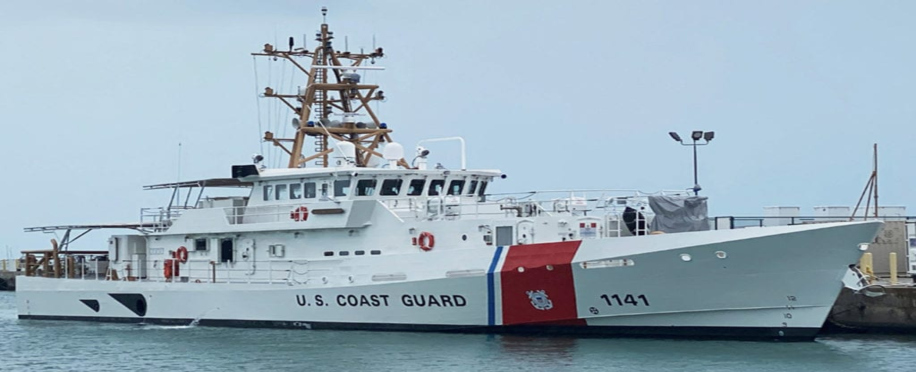Charting a Greener Course: The Baltic Sea's Maritime Transformation

Posted on Apr 26, 2024 at 11:04 PM
In a groundbreaking move, the Port of Trelleborg, the Port of Lübeck and ferry operator TT-Line are setting the stage for an eco-friendly future. Their collaboration is poised to transform the Lübeck-Travemünde to Trelleborg maritime route into a green corridor, with ambitions to eliminate fossil fuels by 2040.
The Green Corridor Initiative
March 13, 2024, marked a significant milestone at the Port of Lübeck Meeting, where these partners formalised their commitment through a Memorandum of Understanding (MoU). This green shipping corridor project is not only in harmony with the Clydebank Declaration but also supports the EU's ambitious "Fit for 55" strategy, gaining backing from the transport ministries of Sweden and Germany.
The essence of this collaboration is to reduce carbon footprints within their direct influence and the broader transport chain. This includes launching specific projects and actions aimed at sustainability. A prime example of their efforts is TT-Line's plan to retrofit four ships for shore power use, cutting CO2 emissions during dockings.
Transforming Maritime and Port Operations
The Lübeck-Travemünde Trelleborg corridor aims to overhaul shipping, hinterland transport, and port operations. To reduce environmental impact, every aspect is being reimagined, from energy supplies to the fleets themselves. The initiative also extends to researching CO2 savings, incentives, and methods to measure the success of green corridors.
Port of Trelleborg's CEO, Jörgen Nilsson, stresses the importance of collaboration in the maritime industry to pioneer environmental solutions. TT-Line's Hannes Conzen sees this project as a logical step towards meeting climate goals, necessitating a broader application across the transportation network.
Ortwin Harms of Lübecker Hafen-Gesellschaft and Guido Kaschel of the Lübeck Port Authority echo these sentiments, emphasising the importance of joint efforts in promoting sustainable transport. Their unified stance showcases a dedication to transforming the Baltic Sea's transport network into a model of climate neutrality.
This ambitious project represents a significant leap forward in achieving a sustainable maritime corridor. By focusing on comprehensive strategies and collaborative efforts, the initiative sets a precedent for future endeavours in green transportation.
Read more news:
-
MEPC 81's Pivotal Role in Steering the Future of Sustainable Shipping
-
Fortescue Carries out the First-Ever Ammonia Fuel Trial Worldwide
-
$450 Million Boost: Transforming America's Ports for the Future


